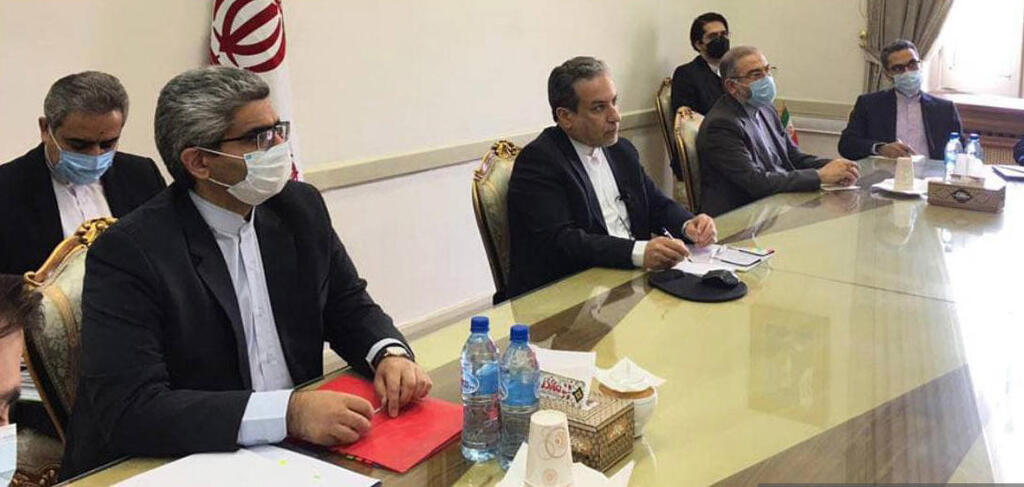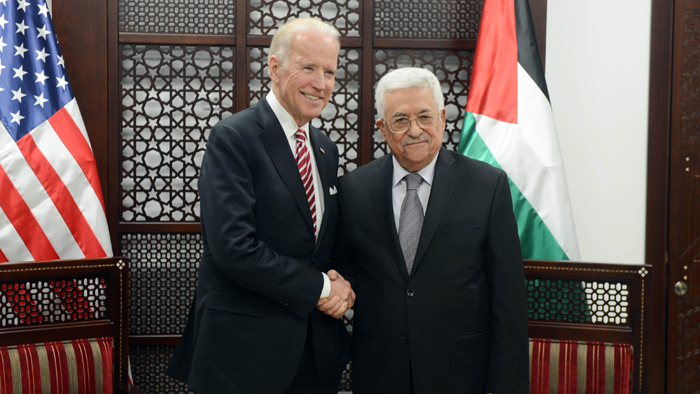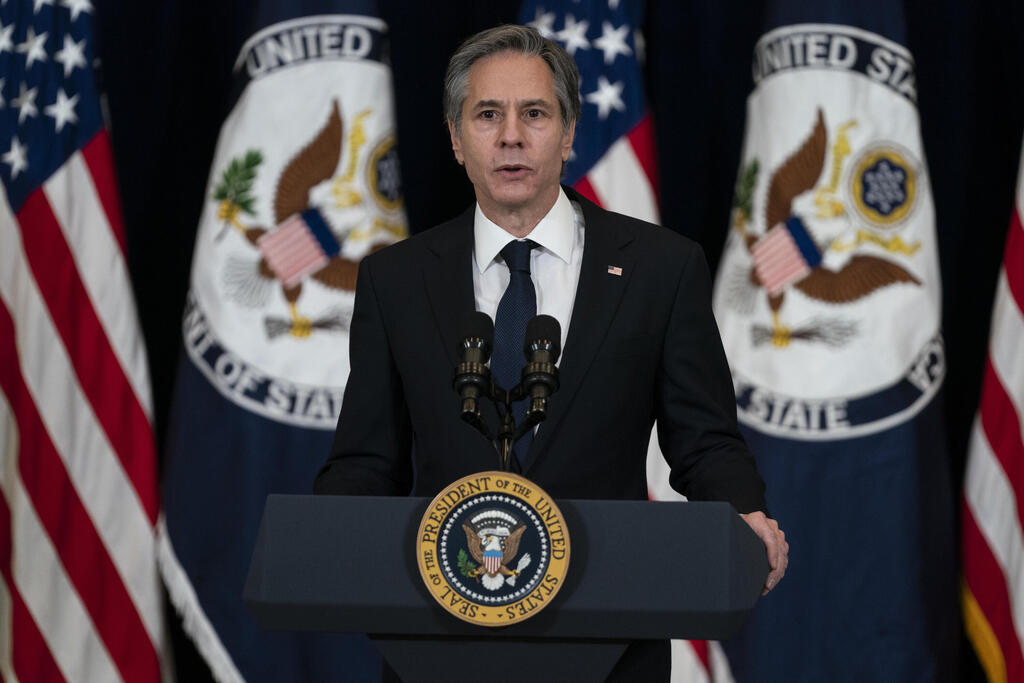Representatives of Iran, the United States and the signatories to the 2015 Iranian nuclear deal have agreed to meet in Vienna on Tuesday in what is seen as the first significant effort to return to the deal since U.S. President Joe Biden took office in January.
The U.S. return to the deal was discussed at a virtual conference held Friday with the participation of Iran and the world powers who were partners to the agreement.
3 View gallery


Iranian diplomats attend a virtual conference on the prospect of the U.S. returning to the 2015 nuclear deal
(Photo: EPA)
Former U.S. president Donald Trump withdrew from the nuclear deal in 2018. His administration then imposed sanctions on the Islamic Republic in what he called a "maximum pressure" campaign to coerce Tehran to agree to substantial changes to the agreement.
The EU said following the conference that it had aimed to identify how to lift those U.S. sanctions and bring Washington and Tehran back to the negotiating table.
Politico reported last week that the White House was prepared to ease some sanctions in exchange for Iran partially suspending its nuclear activities, including the enrichment of uranium to 20% purity.
U.S. Secretary of State Antony Blinken on Friday briefed Foreign Minister Gabi Ashkenazi about the administration's plan for indirect talks with the Iranians in Vienna, but said he did not believe these meetings would bear fruit.
Ashkenazi told Blinken that Israel wanted security assurances and weapons from the Americans as well as verifiable inspections of all Iranian nuclear facilities if was to be a return to the 2015 deal.
But the new U.S. policy towards Iran is not the only shift announced by the Biden administration vis-a-vis Israel and the Middle East.
On Friday, the United States announced it was lifting sanctions imposed on members of the International Criminal Court in the Hague, just one month after the ICC said it would be probing possible war crimes by Israel in the West Bank, East Jerusalem and the Gaza Strip.
Ashkenazi said he reiterated to Blinken that Israel fiercely condemns the ICC investigation and is committed to protecting its citizens and members of its military. He also highlighted the Palestinian Authority's role in the ICC decision, which he said would harm efforts to resume peace talks.
Sources in Jerusalem said that although they were concerned by the U.S. move to lift sanctions on outgoing ICC Chief Prosecutor Fatou Bensouda, the administration may be in a better position to sway decisions by the court once sanctions were removed.
And this is not the only major reversal in U.S. foreign policy on the Middle East between Trump and Biden, with the latter's administration deciding to resume financial aid to the Palestinian Authority.
The administration announced last month that it would be giving the PA $15 million dollars for the fight against the coronavirus, but at least $100 million dollars have already been transferred to Ramallah.
In an annual human rights report issued by the State Department last week, the West Bank was once again described as "occupied territory," dropping the Trump administration policy of avoiding the term in 2018 and 2019.
3 View gallery


Then-U.S. vice president Joe Biden meeting with Palestinian President Mahmoud Abbas in Ramallah in 2016
(Photo: Archive)
The recent moves by the Biden White House and State Department are a clear indication that the Trump-era relations between Jerusalem and Washington have come to an end.
Biden is signaling the dawn of a new era in which the administration will listen to Israel's concerns and briefing it on decisions in advance, but will no longer be basing its policies on Jerusalem's positions. Those days are gone.


